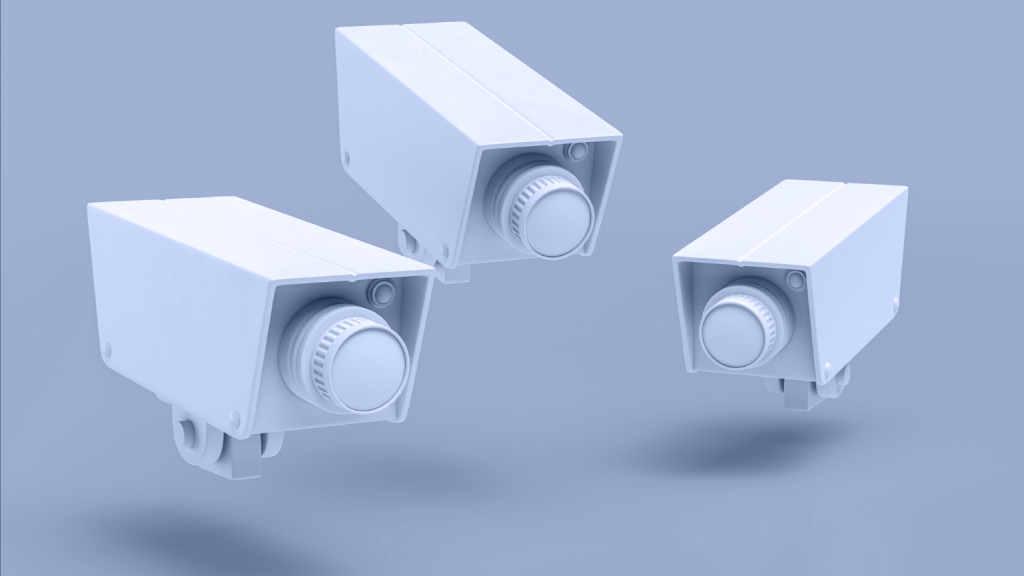Sancțiune ANSPDCP anulată de Tribunalul București: probleme legate de încheierea procesului-verbal
O sancțiune recent aplicată în domeniul protecției datelor personale a fost anulată în instanță.
DPO Personal Trainer
Pentru DPO care nu se mulțumesc cu instruiri pur teoretice despre protecția datelor și au întrebări foarte punctuale, am creat un program de training personal (1 la 1).
PrivacyON și Wolters Kluwer România colaborează pentru creșterea expertizei GDPR
Începând din Septembrie, o nouă resursă de expertiză în domeniul protecției datelor personale va fi disponibilă în România, ca rezultat al colaborării dintre PrivacyON și Wolters Kluwer. Cunoscuta aplicație legislativă Sintact.ro va pune la dispozi ...
PrivacyON s-a alăturat echipei de mentori InnovX, în obiectivul de a susține start-up-urile românești
Din primăvara acestui an, PrivacyON a început o colaborare cu InnovX, prin care oferim companiilor înscrise în programele de accelerare cursuri și sesiuni de mentorat 1-la-1.
Cookie walls și swipe/scroll – noi orientări EDPB referitoare la consimțământ ca temei de prelucrare a datelor personale
În data de 4 mai 2020, Comitetul European pentru Protecția Datelor („EDPB”) a adoptat „Orientările 05/2020 cu privire la consimțământ în temeiul Regulamentului 2016/679 (versiunea 1.1)” („Orientările 05/2020”).
Body temperature readings
Some organizations are taking into consideration installing temperature scanners or other means of verifying the body temperature of staff and visitors, in their effort to protect the workplace against the spread of COVID-19.
Collecting health data through questionnaires
While some authorities expressly prohibit such methods of systematic and general data collection, others allow organizations to make their own assessment and to decide whether imposing on staff and visitors to fill in questionnaires or to sign statements about risk factors (including symptoms) is necessary and proportional.
Disclosing COVID-19 diagnosis
Companies explore whether they can disclose that someone has been diagnosed with COVID-19, in their efforts to protect staff and the general public.
Legal basis for processing health data
Because health data represents a special category of data, the GDPR allows processing only in exceptional situations indicated in Art. 9(2)
Data Protection Newsletter – no.2/2020 February
The spread of COVID-19 and associated risks has made it necessary for public authorities, as well as private companies, to take immediate measures.










